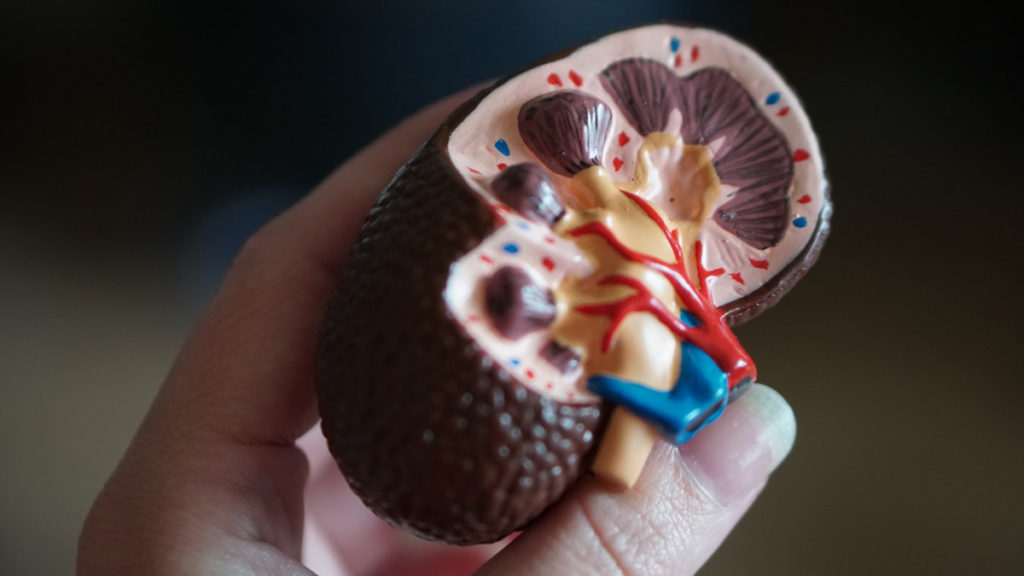The American Journal of Managed Care Peer Exchange in cooperation with the Center for Biosimilars, an online resource for emerging technologies that focus on patient outcomes, has published a video recording of a webinar on Chronic Kidney Disease. Blood pressure management in the CKD landscape is discussed by Professor Rajiv Agarwal of Indiana University School of Medicine and Professor Bertram Pitt of Michigan University School of Medicine:
“Nobody can take a lifelong pill three times a day”
Professor Rajiv Agarwal, Indiana University School of Medicine
Rajiv Agarwal, MD, MS stated: “We have to throw the kitchen sink at these patients to get the blood pressure down. One thing that’s often overlooked in these patients is lifestyle modifications. For example, dietary sodium restriction, weight loss, smoking cessation, and exercise can all have additional value. In some people, moderation of alcohol intake or cessation of alcohol intake can be quite valuable. Those would be the approaches I’d take in treating these patients, and especially not prescribe people a drug that’s taken 3 times a day. Use once a day and use combination therapy, where you have 2 or 3 drugs in 1 pill, rather than giving separate pills and making it complicated. For example, I almost never use hydralazine 3 times a day because nobody can take a lifelong pill 3 times a day. That’s the approach that I suggest.”
“We now have new drugs that seem to be much safer than our old friends”
Professor Bertram Pitt,
Michigan University School of Medicine
Bertram Pitt, MD, commented: “Dr Agarwal mentioned chlorthalidone, which is very effective, but it’s also been seen that when you use chlorthalidone, you increase aldosterone levels. If you don’t counteract the effects of aldosterone, there’s a progression of disease and it gets even more complicated. We thought primary aldosteronism was in only a small percentage of people with essential hypertension. Now there are more data, suggesting maybe 30% or even 40% of people with essential hypertension. You can control blood pressure with a calcium blocker, an ACE, or an ARB, but if you don’t block the underlying aldosterone, you still have 3 times progression of risk and disease. Counteracting the effects of aldosterone in many contexts is becoming more important. We now have new drugs that seem to be much safer than our old friends, such as spironolactone, that we’ve all grown up with but became wary of because of intolerance.”
Follow the discussion here






